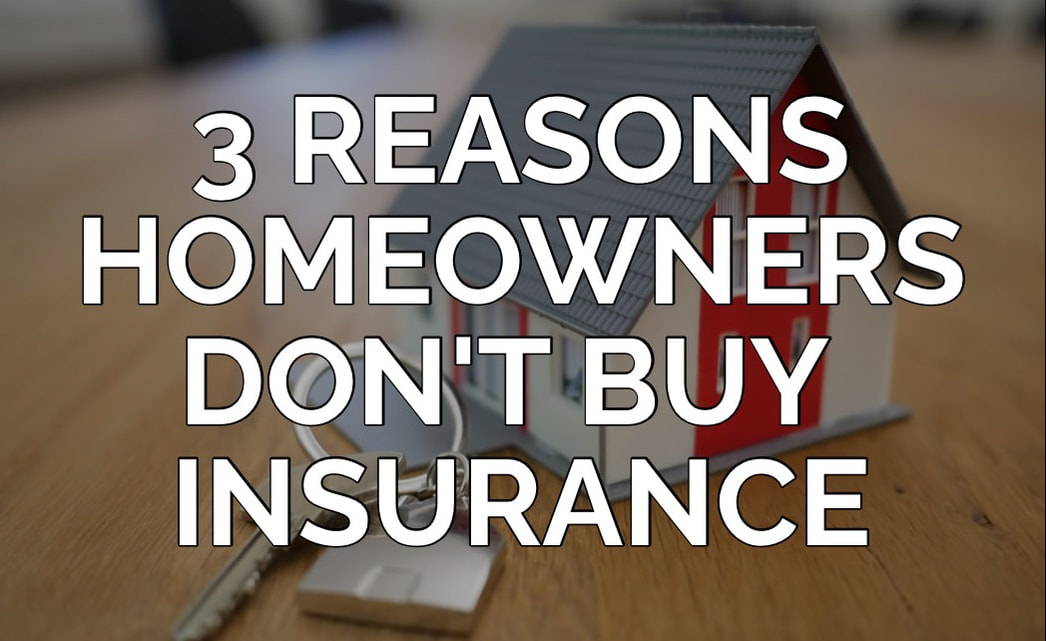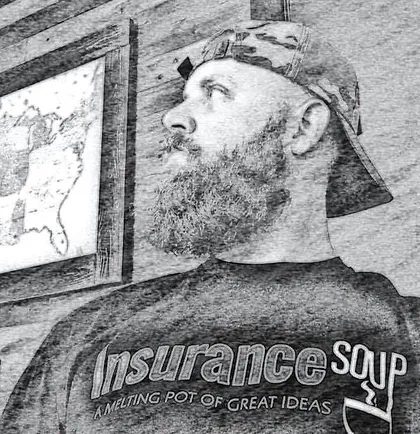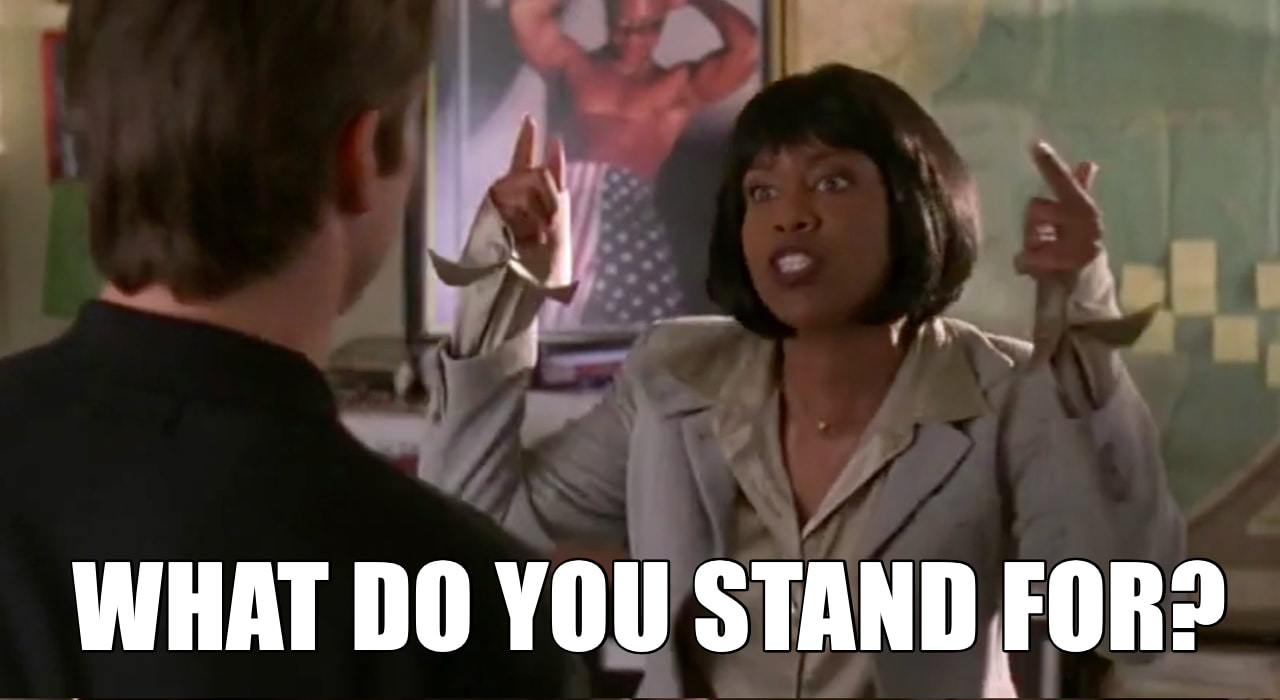Common sense would suggest that every person who owns a home would want to do their very best to protect their investment by being sure to secure homeowners' coverage. However, if you've noticed that you seem to be striking out when it comes to pitching homeowners' insurance to potential customers, you're not alone.
There are some substantial negatives that agents may not even be aware of when prospects go looking for a homeowners' policy. Check out the top 3 below and see what you can do in your agency to try to alleviate some of the stigma around buying homeowners' insurance.
There are some substantial negatives that agents may not even be aware of when prospects go looking for a homeowners' policy. Check out the top 3 below and see what you can do in your agency to try to alleviate some of the stigma around buying homeowners' insurance.
#1 - INSURANCE HAS A BAD RAP
There is no such thing as a perfect customer satisfaction rating in the insurance industry. There is a paradox at work here as many people assume that their losses will be covered when they are not. The fact that insurance people sometimes behave poorly, incorrectly, and even illegally is not very helpful either.
This bad rap is also thanks, in part, to some insurance companies who low-ball their clients and make it extremely hard for customers to get what's owed to them in the event of a claim. Customers also complain that some agents claim to get big bucks for their clients when disaster strikes and then they cash their big checks while the customer is left holding the bag. After a while, people stop trusting the insurance industry altogether.
This bad rap is also thanks, in part, to some insurance companies who low-ball their clients and make it extremely hard for customers to get what's owed to them in the event of a claim. Customers also complain that some agents claim to get big bucks for their clients when disaster strikes and then they cash their big checks while the customer is left holding the bag. After a while, people stop trusting the insurance industry altogether.
#2 - PEOPLE DON'T BELIEVE THEY NEED IT
Many people would rather avoid monthly expenses and go without insurance when there is no compulsion to buy it. There is only one time when homeowners' insurance is required: when there is a mortgage. And if there are first-time homeowners, they may not be aware of the very real risks involved with owning a home or the financial consequences of not being insured in the event of an accident or disaster.
Other homeowners, especially first-time homeowners, may understand the risks of not having coverage, but they may be in a position where they feel that that monthly or yearly expense would be better spent elsewhere, where this is a more tangible need. Unfortunately, as many agents know all too well, lots of people learn that they should have had insurance the hard way.
Other homeowners, especially first-time homeowners, may understand the risks of not having coverage, but they may be in a position where they feel that that monthly or yearly expense would be better spent elsewhere, where this is a more tangible need. Unfortunately, as many agents know all too well, lots of people learn that they should have had insurance the hard way.
#3 - HOMEOWNERS' INSURANCE AIN'T CHEAP
And for good reason. For most people, a home will be the biggest investment they ever make. Depending on where you live and several very specific details pertaining to your home, it makes sense that it would cost a relatively large amount of money to insure it but that doesn't make swallowing that pill any easier. And if people don't live in areas where they are likely to sustain weather-related damage, they're likely to think accidents like fire, flooding and or personal injury on their property simply won't happen to them. Agents see it all the time. A homeowner will roll the dice and then, unfortunately, have to pay the price when they're proven wrong.
At the end of the day, even though there will always be reasons for homeowners to believe that they don't need insurance, there is one REALLY good reason to do so. When disaster strikes, no one wants to be solely financially responsible for picking up the pieces. By convincing your clients that the alternative to paying for insurance is far, far worse than that monthly payment, you may just be doing them the greatest service of their lives.
At the end of the day, even though there will always be reasons for homeowners to believe that they don't need insurance, there is one REALLY good reason to do so. When disaster strikes, no one wants to be solely financially responsible for picking up the pieces. By convincing your clients that the alternative to paying for insurance is far, far worse than that monthly payment, you may just be doing them the greatest service of their lives.
.png?width=180&height=65&name=Untitled%20design%20(29).png)




